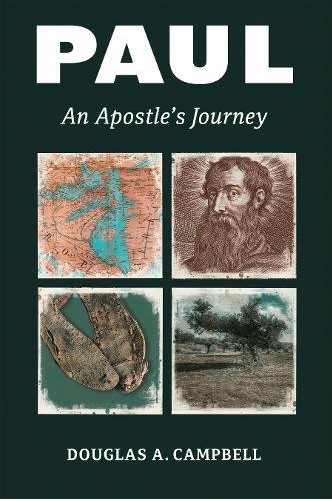Since I began studies in theological education there has been only one go-to book about the apostle Peter: Oscar Cullmann’s Peter : Disciple, Apostle, Martyr : A Historical and Theological Study. Cullmann’s days are now officially and finally over. We are now in the era of Martin Hengel, whose latest book will undoubtedly replace and reframe Cullmann’s book: Saint Peter: The Underestimated Apostle
. Cullmann’s book was shaped by Roman Catholic and Protestant issues. We are, so it seems to me, beyond those days, and Hengel’s book shows we are beyond those days. He’s not concerned about Peter as Pope, and he’s not worried about suggesting Peter’s authority will undermine the Reformation. In Hengel’s new book, short enough to read but dense enough to know he’s done his homework, we find a new historical foundation for a theology of Peter.
How often do you hear “Peter” in church vs. “Paul”?
 Instead, Hengel, with his famous German critical method (redating, revising, etc), sees Peter as the primary leader of the Church of the earliest days and the formulator of the apostolic kerygma. He was a mission strategist as well. Yes, the major apostolic witness was three-fold: Peter, Paul and John. But this book undermines old Protestant nervousness, cuts into the grain of Catholic theology (by critiquing 2d Century Encratite stuff that dissolved the early apostolic family orientation, which means Peter was married), and sets all things on a historical-critical basis.
Instead, Hengel, with his famous German critical method (redating, revising, etc), sees Peter as the primary leader of the Church of the earliest days and the formulator of the apostolic kerygma. He was a mission strategist as well. Yes, the major apostolic witness was three-fold: Peter, Paul and John. But this book undermines old Protestant nervousness, cuts into the grain of Catholic theology (by critiquing 2d Century Encratite stuff that dissolved the early apostolic family orientation, which means Peter was married), and sets all things on a historical-critical basis.
Some of the conclusions, stated baldly: Matthew 16’s famous “You are Peter …” statement is shaped in the later Matthean community; Mark emerges from Peter; Matthew and Luke use Mark because it was Petrine; Peter is not the author of 1 or 2 Peter. There were conflicts between Peter and Paul, but not insurmountable and there are signs of reconciliation between the two, but in some of these sections in Hengel’s new book there are enough hints of the old Tubingen school that I’m sure we’ll be seeing more Peter vs. Paul studies arising. But Peter emerges from the Synoptic Gospels as the mediator of the Mediator, as the authoritative disciple.
Hengel’s style could be called Teutonic and often enough he just declares his point of view as if it should be believed because he said it. Listen to this one about the rise in scholarship of connecting the word “gospel” to the Caesar cult: “It is absurd to continue to suggest, as happens again and again, that one should derive these forms of speech [the word “gospel”] from the cult of the Caesar” (88 n. 302). Hear, hear!











